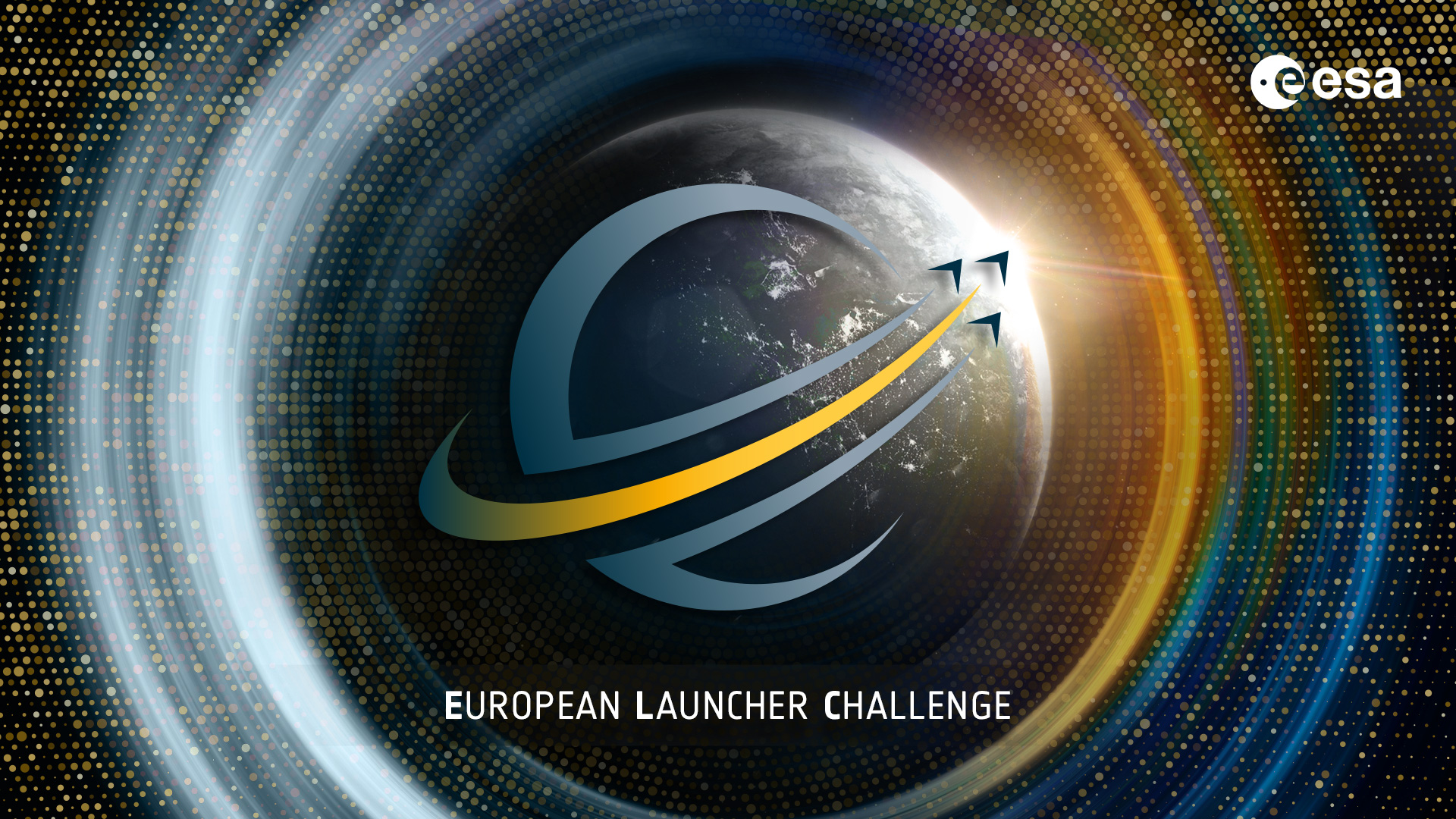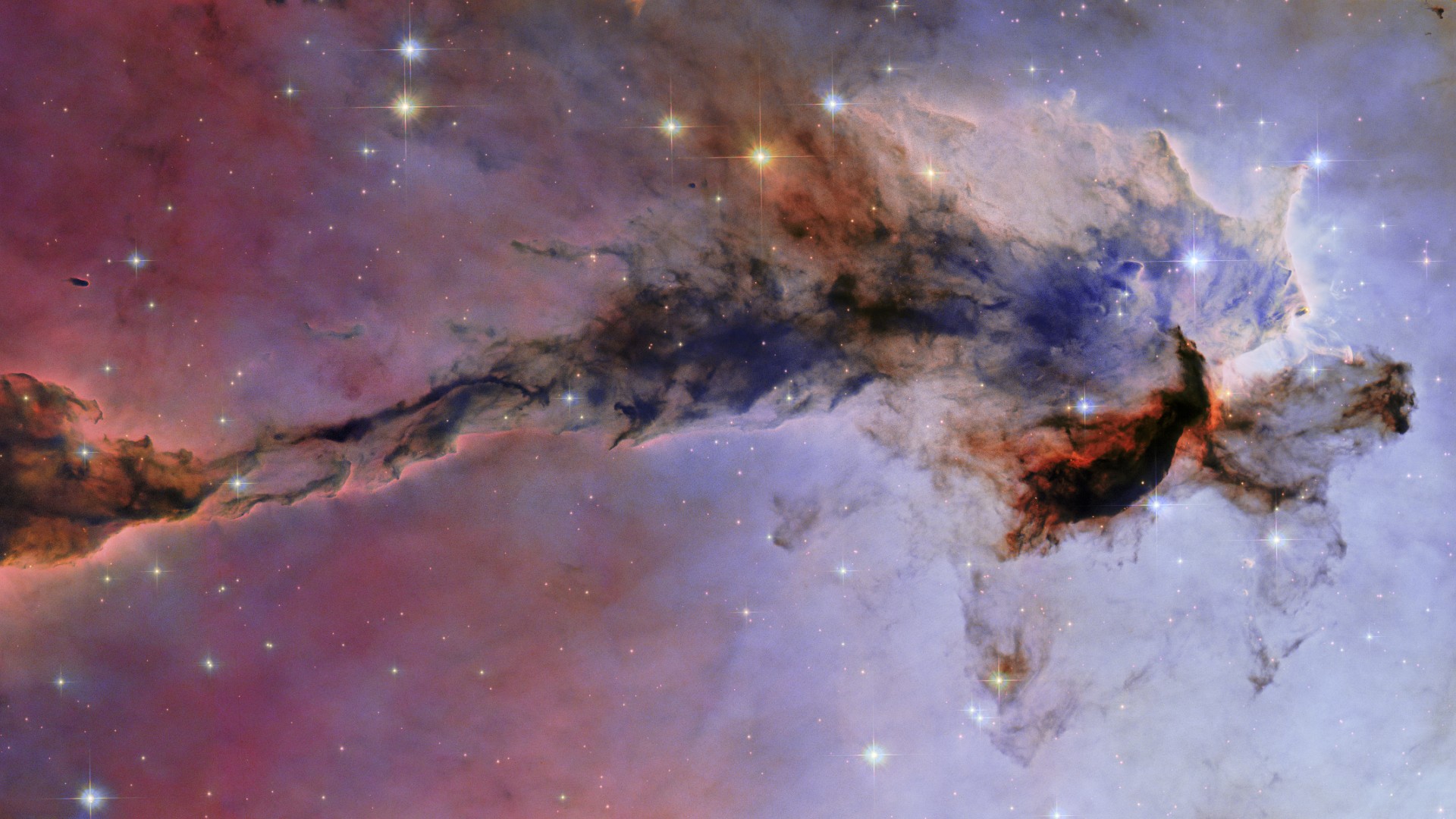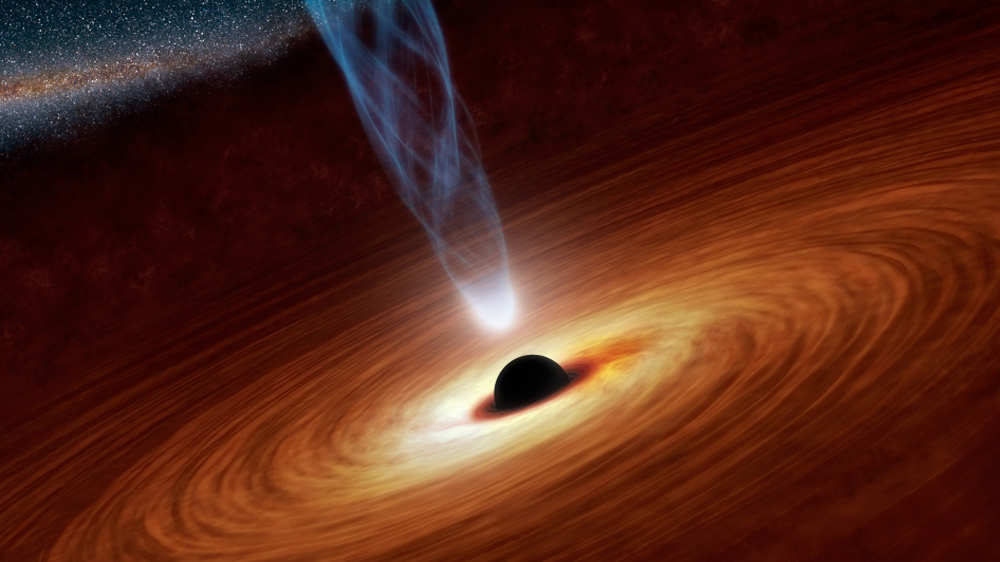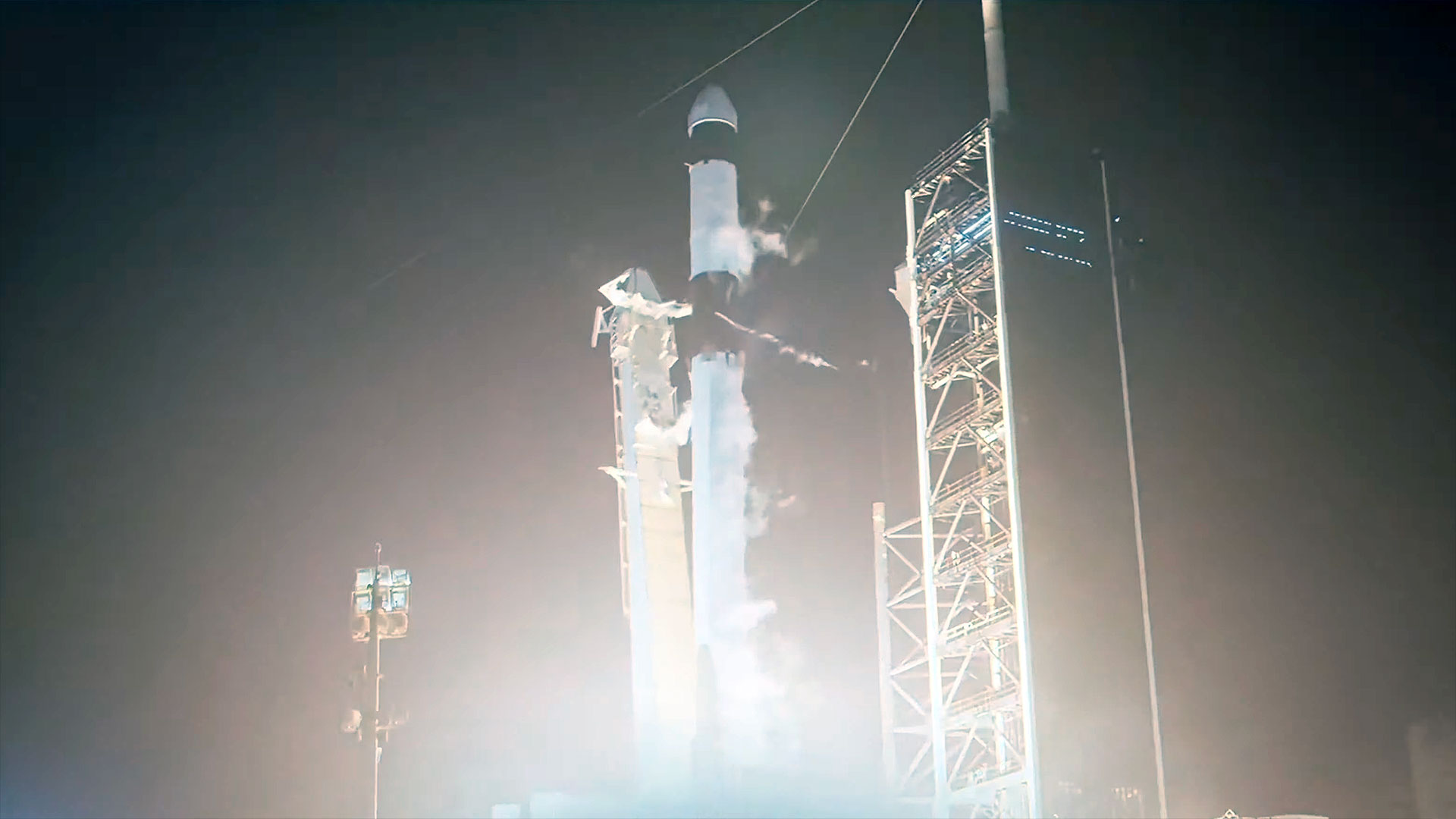European Space Agency launches competition to find its next commercial rocket by 2028

The European Space Agency has kicked off a competition to support the development of new launch vehicles and boost Europe's access to space.
The agency issued the call for proposals for the European Launcher Challenge (ELC) on Monday, March 24. Companies have just six weeks to submit their proposals, with a deadline of May 5, with up to 169 million euros ($183 million) to be made available to each selected launcher.
ESA and Europe are currently served by the Ariane 6 and Vega rockets, but the agency is opening up launches to competition from new companies in response to the global trend of new and reusable commercial launch vehicles cutting the cost of launch.
"The European Launcher Challenge is a two-stage competitive tender to select a number of European launch services," ESA said in a statement announcing the challenge. The ELC is open to companies based in ESA or European Union member states.
Component A is for launch services for ESA and other European institutional customers across 2026 to 2030, while component B calls for a "launch service capacity upgrade demonstration" that will require the upgraded launcher to fly by 2028. Companies must submit proposals covering both components.
There are already a variety of emerging launch vehicles in Europe which have been working towards their first orbital launches and are likely already well-positioned to enter the contest.
In January, a number of companies — Rocket Factory Augsburg, Latitude, HyImpulse, MaiaSpace, Orbex and The Exploration Company — published an open letter to ESA ahead of its finalizing of the details of the ELC. The letter called for substantial funding and access to launch pads at the European spaceport in French Guiana, South America.
Get the Space.com Newsletter
Breaking space news, the latest updates on rocket launches, skywatching events and more!
Other European launch companies likely to be in the mix include PLD Space of Spain, Skyrora from the United Kingdom, and Germany's Isar Aerospace, whose first Spectrum rocket currently sits on the pad at Norway's Andøya Spaceport with a launch attempt planned for March 28.
Europe is set to see its demand for launch services grow. Guillaume de la Brosse, head of the unit in charge of Space Policy at the European Commission, said in November that the European Union will be launching more satellites due to projects like the IRIS² (Infrastructure for Resilience, Interconnectivity and Security by Satellite) communications constellation.
Join our Space Forums to keep talking space on the latest missions, night sky and more! And if you have a news tip, correction or comment, let us know at: community@space.com.

Andrew is a freelance space journalist with a focus on reporting on China's rapidly growing space sector. He began writing for Space.com in 2019 and writes for SpaceNews, IEEE Spectrum, National Geographic, Sky & Telescope, New Scientist and others. Andrew first caught the space bug when, as a youngster, he saw Voyager images of other worlds in our solar system for the first time. Away from space, Andrew enjoys trail running in the forests of Finland. You can follow him on Twitter @AJ_FI.
You must confirm your public display name before commenting
Please logout and then login again, you will then be prompted to enter your display name.









